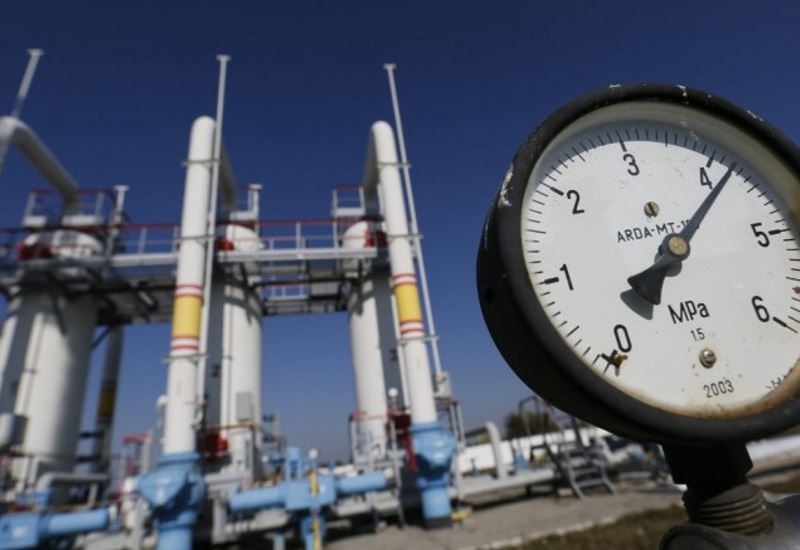According to Household Energy Price Index for Europe report for February 2023, prices started to recover in the second half of 2009 together with (temporary) green shoots in economic activity and a general feeling that the worst of the crisis was behind us. They have been on an upward trend since then.
The index for electricity reached as high as 116 index points in October 2014. Since then, it faltered and remained around 108 index points in 2016 and 2017. During 2019, the index was fluctuating around 115 and 119 points. However, the recent developments on the wholesale markets due to COVID-19 restrictions dropped the index rate down to 112 points in 2020. During 2021, the index followed an increasing trend as people and businesses were resuming their activities, hence there was higher demand, and the energy crisis was gradually developing.
The
extraordinary weather conditions, the record high wholesale natural gas prices and the lack of
storage materials to cover demand led to repetitive record high prices in most of the European
capitals by the end of 2021. The increasing trend became more extreme during the second half of the
year, reaching 170 points in December 2021. After climbing the sharpest step in its historical data in
January 2022 and its largest peak in October 2022, the HEPI electricity index currently stands at 236
points.
When examining the averages of the end-user prices for both electricity and gas, the following
changes can be observed; from a year ago, February 2022, the electricity bills in all EU capitals have
increased by 19% while the gas bills have increased by 20%.
In Athens, the price increase on the retail electricity market is mainly on account of the reduction that took place on the subsidies provided by the government. More precisely, for about 90% of the households, subsidies fell from 330 EUR/MWh to 40 EUR/MWh, following the recent drop in electricity wholesale prices.
the price of natural gas paid typically by residential customers in 28 European capital cities
The report also tracked the price of natural gas paid typically by residential customers in 28 European capital cities as of February 1st, 202324.
The highest price is paid by inhabitants of Stockholm who pay over
2 times the European average end-user price, followed by Berlin, which is the second most expensive
capital city. This can be explained by the nature of the Swedish gas market; the small size of only
92,000 household gas customers in the whole of Sweden of which 58,000 in the isolated gas network
in Stockholm.
25 Vienna is currently the third most expensive capital city.
Natural gas residential prices continued a considerably downward trend, resuming the decrease that
has been observed in the market since September. Brussels and Copenhagen, more specifically,
returned to levels last seen at the end of 2021, while households in Athens, Rome and Sofia also
witnessed significant decreases in their gas bills. Furthermore, for the majority of capital cities, the
retail gas prices remained unwavering. On the other hand, Dublin was the sole capital city this month
where an increase in prices was observed.
Households in Athens enjoyed considerably lower gas bills this month due to the lower wholesale
prices, despite the ceasing of the discount that was provided by the Public Gas Corporation to the
consumers.















